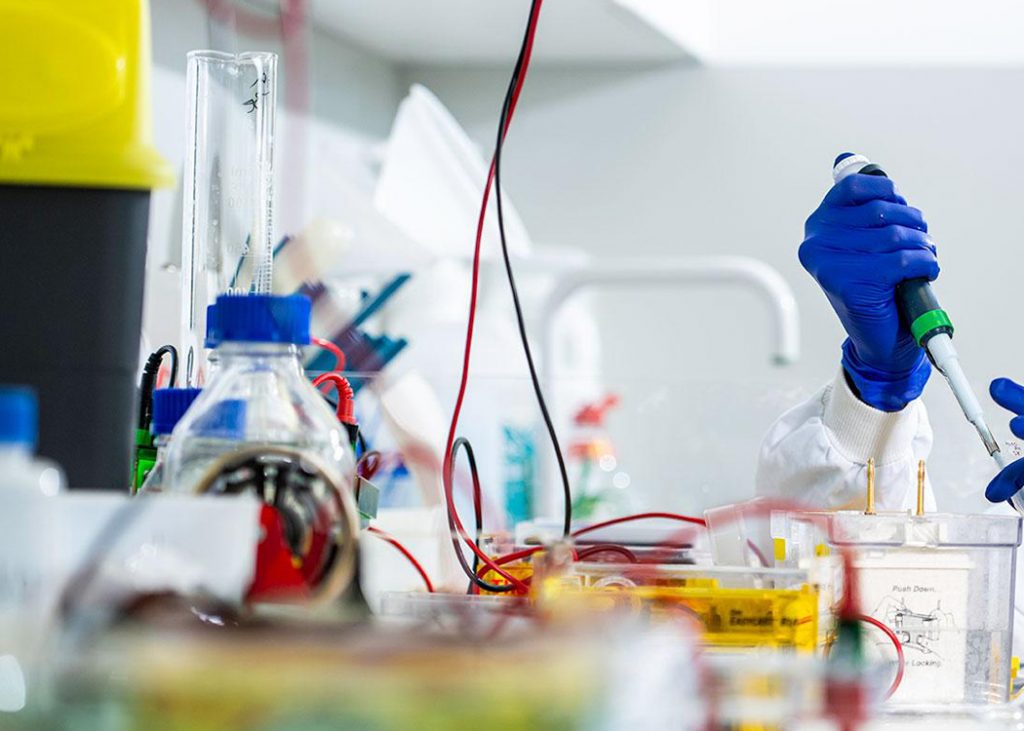
AVN Monitoring Desk
Researchers at the Pirbright Institute, in collaboration with New England Biolabs, Inc., have developed an innovative technique for studying infectious bronchitis virus (IBV), that is expected to significantly improve the speed of vaccine development and enhance efforts to control the spread of this devastating disease.
IBV, a coronavirus that causes respiratory issues in poultry, presents a major challenge to the global poultry industry, leading to animal welfare concerns and considerable economic losses. Its rapid mutation rate further complicates control measures, as existing vaccines often fail to provide sufficient cross-protection against emerging strains.
Pirbright’s research, published in the journal PLoS ONE, focuses on examining individual IBV genes to better understand the virus and improve vaccine effectiveness.
Traditional techniques for studying the IBV genome have been time-consuming and laborious. However, the research team, led by Dr. Sarah Keep from Pirbright and Dr. Greg Lohman from New England Biolabs, utilised an optimised Golden Gate Assembly process to develop a more efficient reverse genetics approach for IBV research.
This advanced system accelerates studies on the virus’s biology and facilitates the rapid investigation of new IBV variants for the development of targeted vaccines.
Dr. Keep, a senior molecular virologist at Pirbright, described the new system as a “game-changer” for IBV research, stating, “It will enable us to develop vaccines to control the spread of this challenging virus more effectively.”
The method’s potential extends beyond IBV, offering opportunities to study other coronaviruses and large-genome viruses, thus accelerating the development of vaccines and treatments for various viral diseases.





